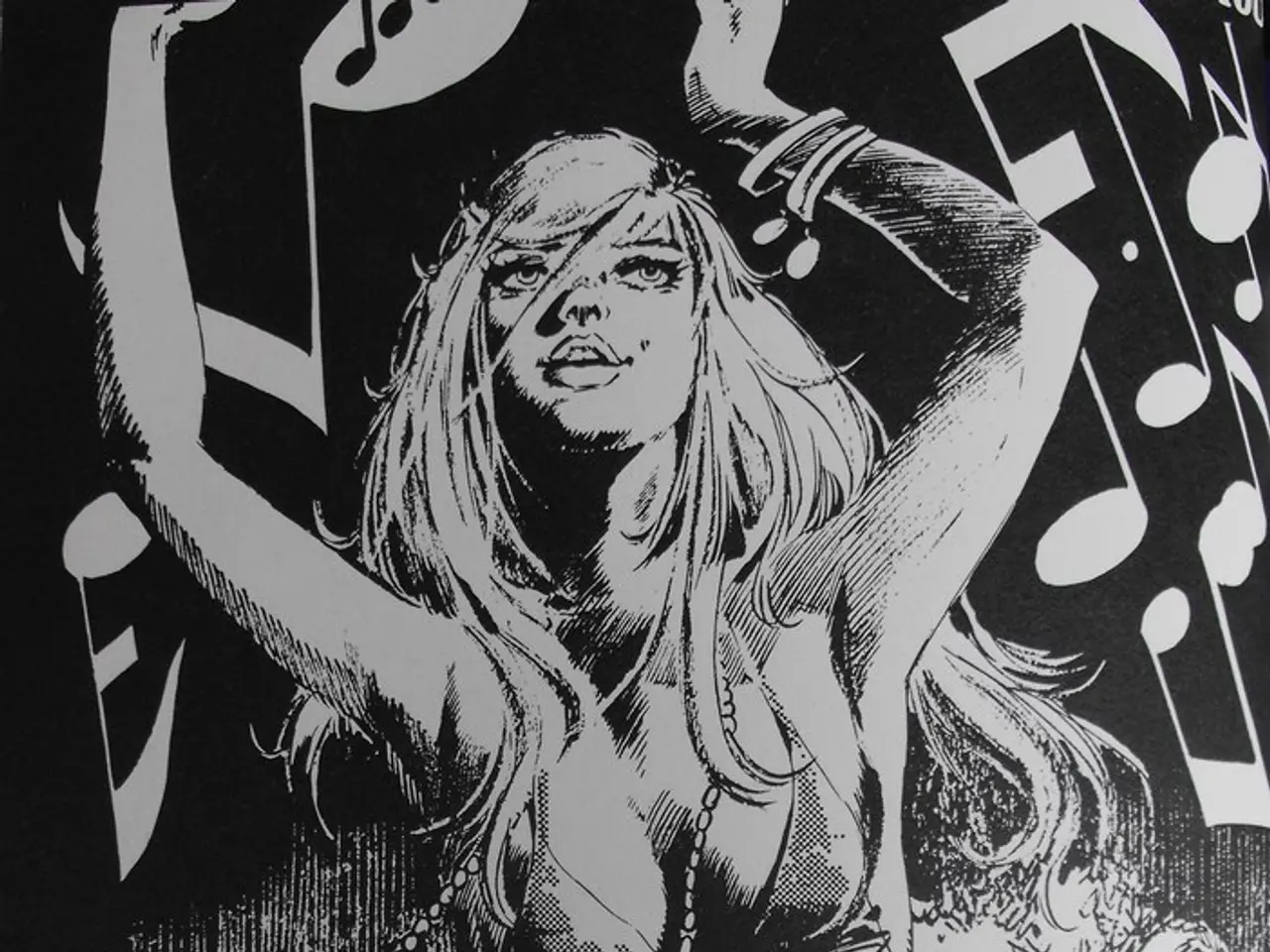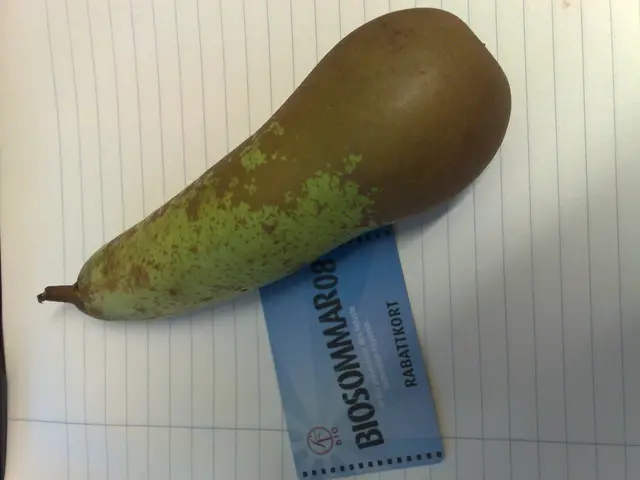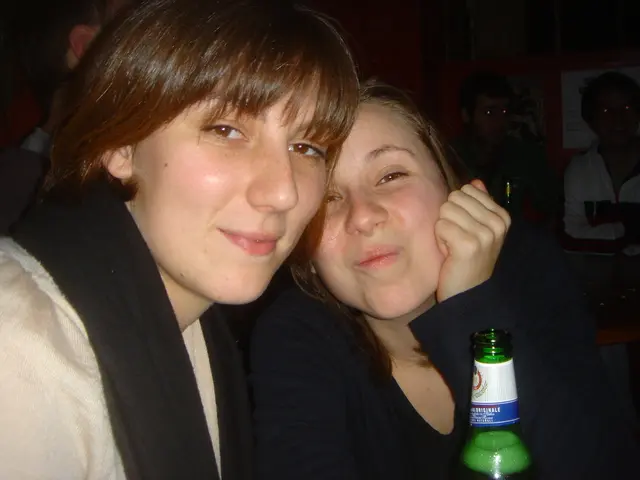Music Pieces Triggering Joyful Recollections
A study published in the journal "PLOS One" has shed light on the relationship between music and memory recall, providing insights that could potentially contribute to therapies for people with memory disorders like Alzheimer's. The study, conducted by Safiyyah Nawaz and Diana Omigie of Goldsmiths University in London, involved an online survey with 233 participants aged 18 to 76.
The study was designed to investigate the relationship between music and memory recall. Participants were exposed to ten music pieces that were popular during their childhood and adolescence, one song per year. These songs ranged from genres like rap and classical music, with examples such as "Trap Queen" by Fetty Wap and "When Doves Cry" by Prince, to more acoustic pieces like "re: stacks" by Bon Iver and "Clair de Lune" by Claude Debussy.
The study found that less powerful, more acoustic songs tend to trigger quieter, romantic, and sad memories, while energetic songs like "When Doves Cry" by Prince are more likely to be associated with experiences filled with excitement and enjoyment. Participants were asked to share and categorize the memories triggered by these songs, contributing to the study's findings regarding the emotional and phenomenological qualities of musical memories.
Nawaz explains that everyone knows the experience of hearing a song and being transported back in time to a vivid memory connected to that song. The study's findings highlight the link between the properties of music, such as acoustics, volume, and energy, and the emotional and phenomenological qualities of the same musical memories.
Interestingly, the study did not explicitly discuss the speed of memory evocation in relation to fast-paced songs like "When Doves Cry" by Prince. Additionally, the study did not investigate the relationship between music and memory recall exclusively for songs from specific genres like rap or classical music.
The study's potential contribution to Alzheimer's therapy was suggested by the researchers themselves. By understanding the relationship between music and memory, therapists may be able to use music to help stimulate memory recall in patients with Alzheimer's or other memory disorders. Participants were also given the option to submit their own songs that sparked their memory, providing a wealth of personal anecdotes to support the study's findings.
In conclusion, the study offers valuable insights into the connection between music and memory recall. As research in this area continues, we may find even more ways to harness the power of music to help those struggling with memory disorders.
Read also:
- Abu Dhabi initiative for comprehensive genetic screening, aiming to diagnose over 800 conditions and enhance the health of future generations in the UAE.
- Elderly shingles: Recognizing symptoms, potential problems, and available treatments
- Protecting Your Auditory Health: 6 Strategies to Minimize Noise Damage
- Exploring the Reasons, Purposes, and Enigmas of Hiccups: Delving into Their Origins, Roles, and Unsolved Aspects







